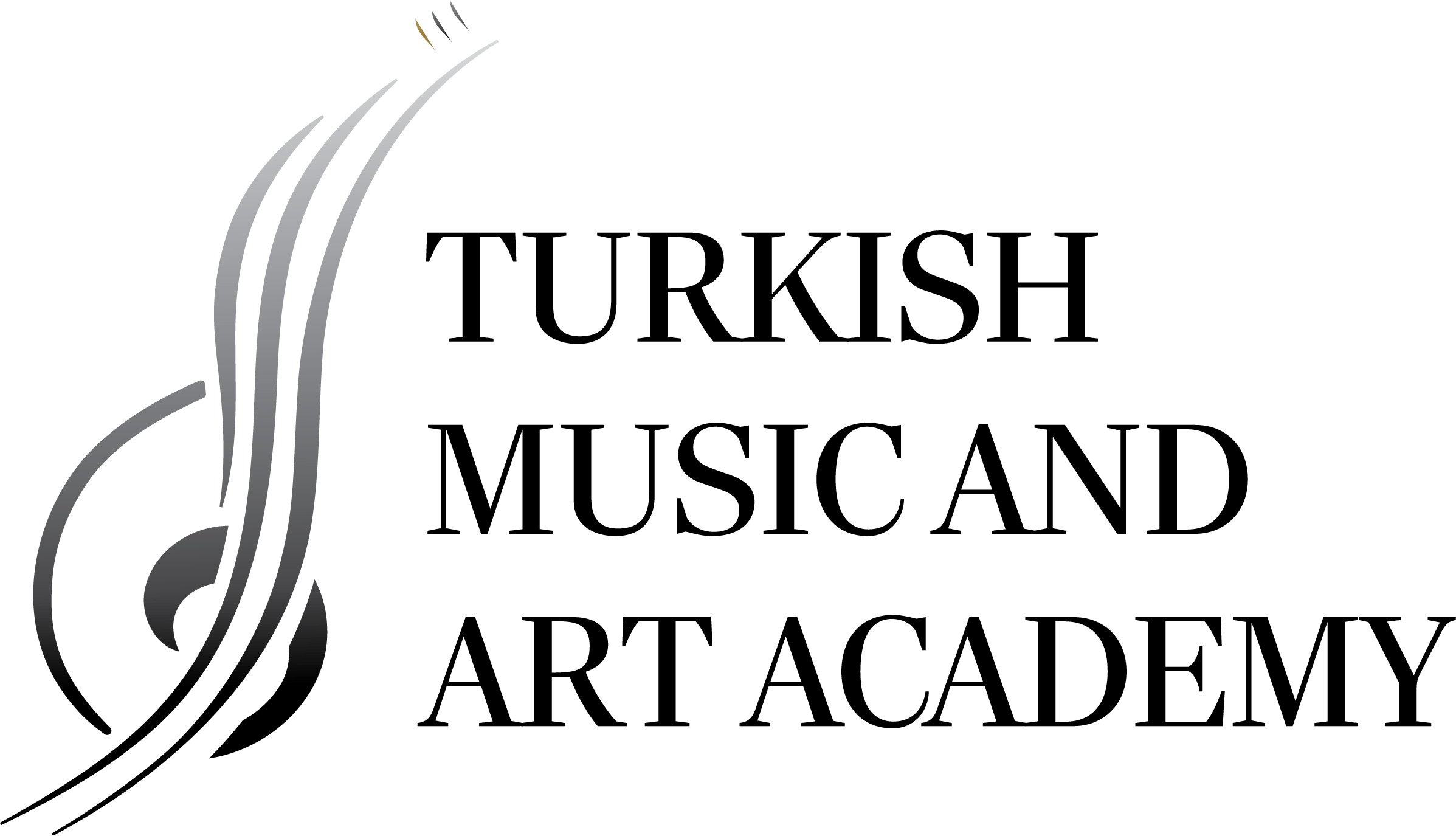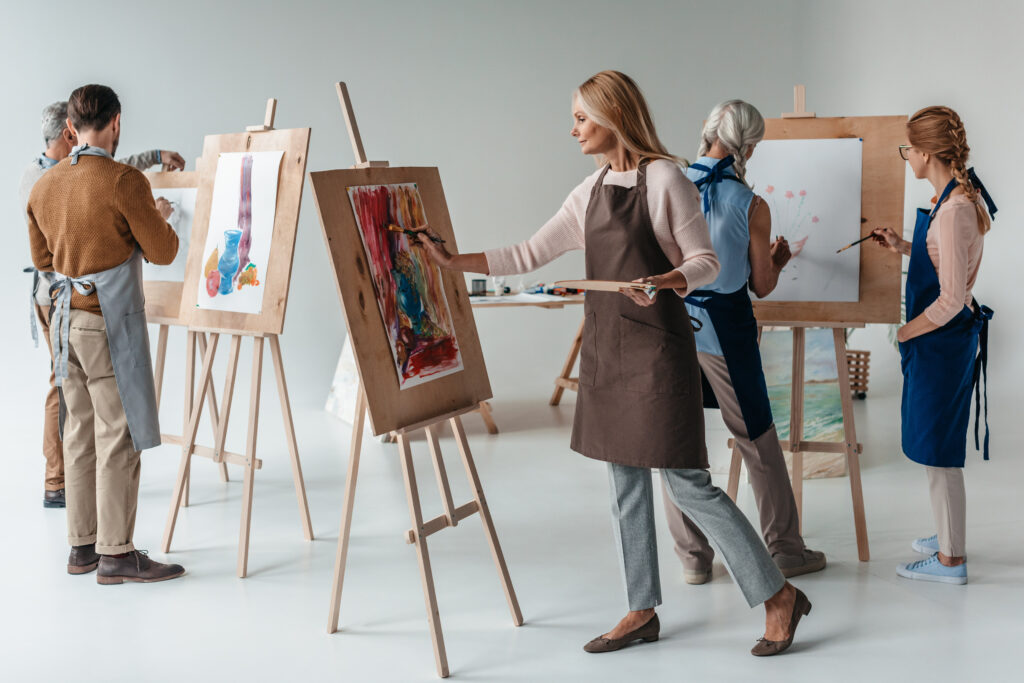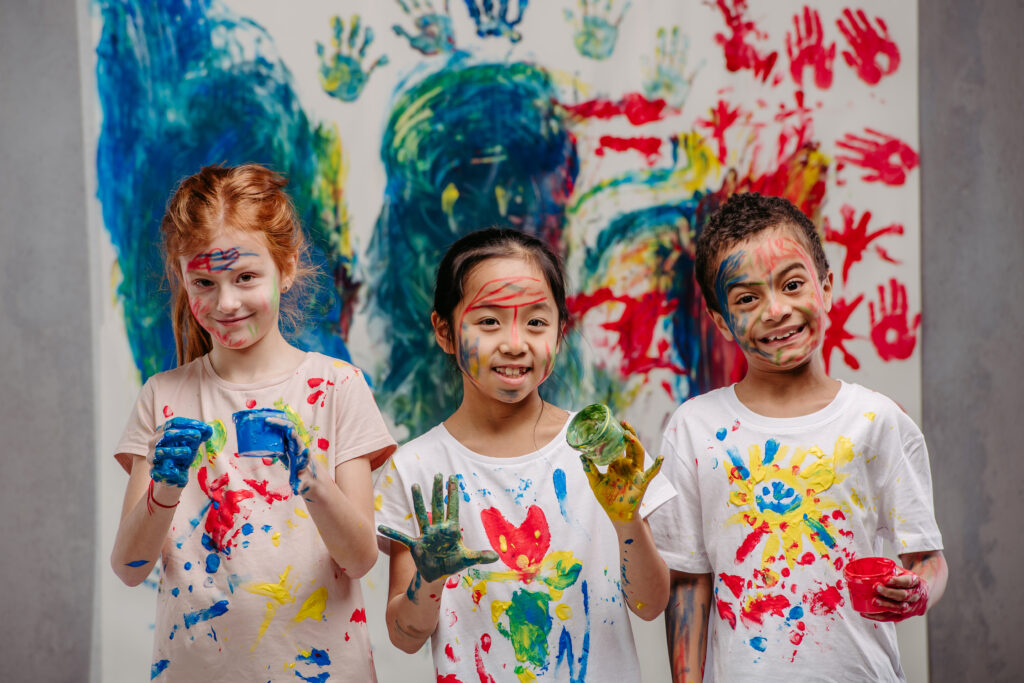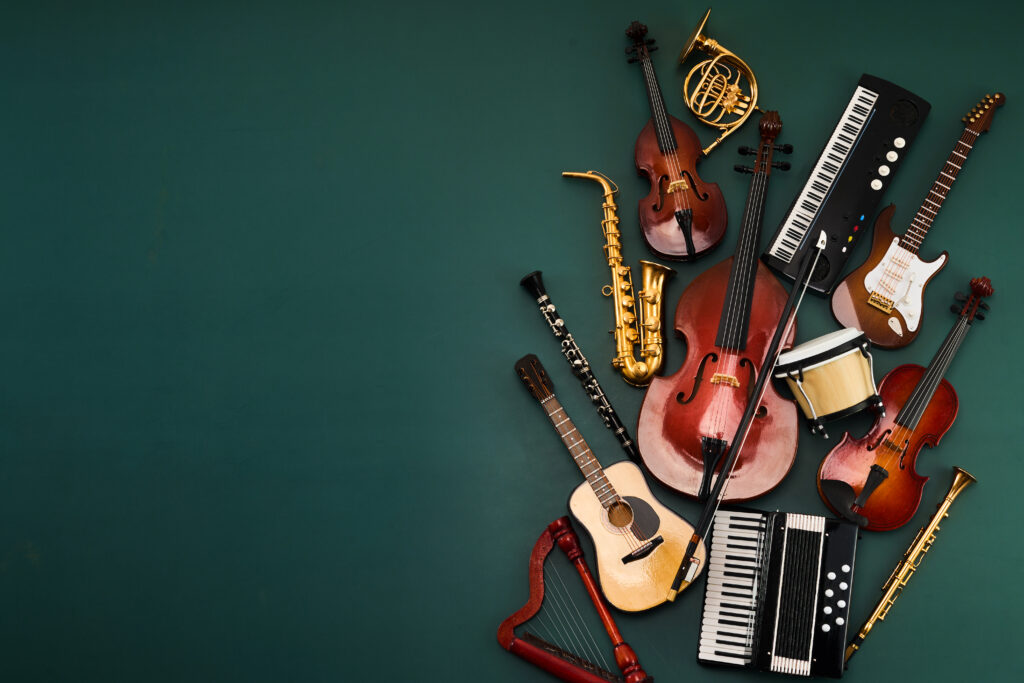Blog Details

Practice or Skill: What Matters More?
In the realms of drawing, playing instruments, and other creative pursuits, the age-old debate persists: what matters more, practice or innate skill? Let’s explore how these two elements interact and contribute to mastery in the arts.
1. Understanding Skill
Skill, often referred to as talent, is the natural ability to perform tasks with proficiency. Here’s how skill plays a role:
- Innate Ability: Some individuals may find certain activities easier due to their natural inclinations. This can be an advantage but isn’t the sole determinant of success.
- Early Development: Skills can be nurtured from a young age. Exposure to music, art, and other activities can help develop a baseline skill level.
2. The Power of Practice
Practice, on the other hand, is the repeated exercise in or performance of an activity to acquire or maintain proficiency:
- Consistency: Regular practice is essential for improvement. It builds muscle memory and enhances understanding.
- Focused Practice: Deliberate practice, focusing on areas of difficulty, leads to greater gains than mere repetition.
- Adaptability: Practice allows for experimentation and learning from mistakes, fostering creativity and problem-solving skills.
3. The Synergy of Skill and Practice
While skill provides a head start, practice is what transforms potential into excellence:
- Skill as a Foundation: Natural ability can make the initial learning curve less steep, but without practice, even the most talented individuals can stagnate.
- Practice as a Multiplier: Consistent practice can elevate even modest natural abilities to high levels of proficiency.
4. Real-World Examples
Consider famous musicians, artists, and athletes:
- Mozart: While a prodigious talent, his extensive practice and dedication were key to his success.
- Michael Jordan: Known for his rigorous practice routines, which complemented his natural athleticism.
- Picasso: Demonstrated remarkable skill from a young age but also engaged in relentless practice and exploration of different styles.
5. The Growth Mindset
Adopting a growth mindset is crucial:
- Belief in Improvement: Understanding that abilities can be developed through effort encourages persistence.
- Embracing Challenges: Viewing challenges as opportunities to grow rather than threats to skill fosters resilience.
Conclusion
Both practice and skill are important in creative and artistic endeavors. While natural ability provides a valuable foundation, it is practice that hones and refines this potential into true mastery. Embrace both your innate talents and the power of consistent practice to achieve your artistic goals.
You Might be Interested In
Is painting an expensive hobby for starters?
Blog Details Is Painting an Expensive Hobby for Starters? Many people are drawn to painting as a way to express creativity and relax. However, a common concern for beginners…
Practice or Skill?
Blog Details Practice or Skill: What Matters More? In the realms of drawing, playing instruments, and other creative pursuits, the age-old debate persists: what matters more, practice or innate…
How Can I Start Learning Instruments?
Blog Details How Can I Start Learning Instruments? Learning a musical instrument can be a deeply rewarding experience. Whether you’re drawn to the piano, guitar, violin, or any other…




